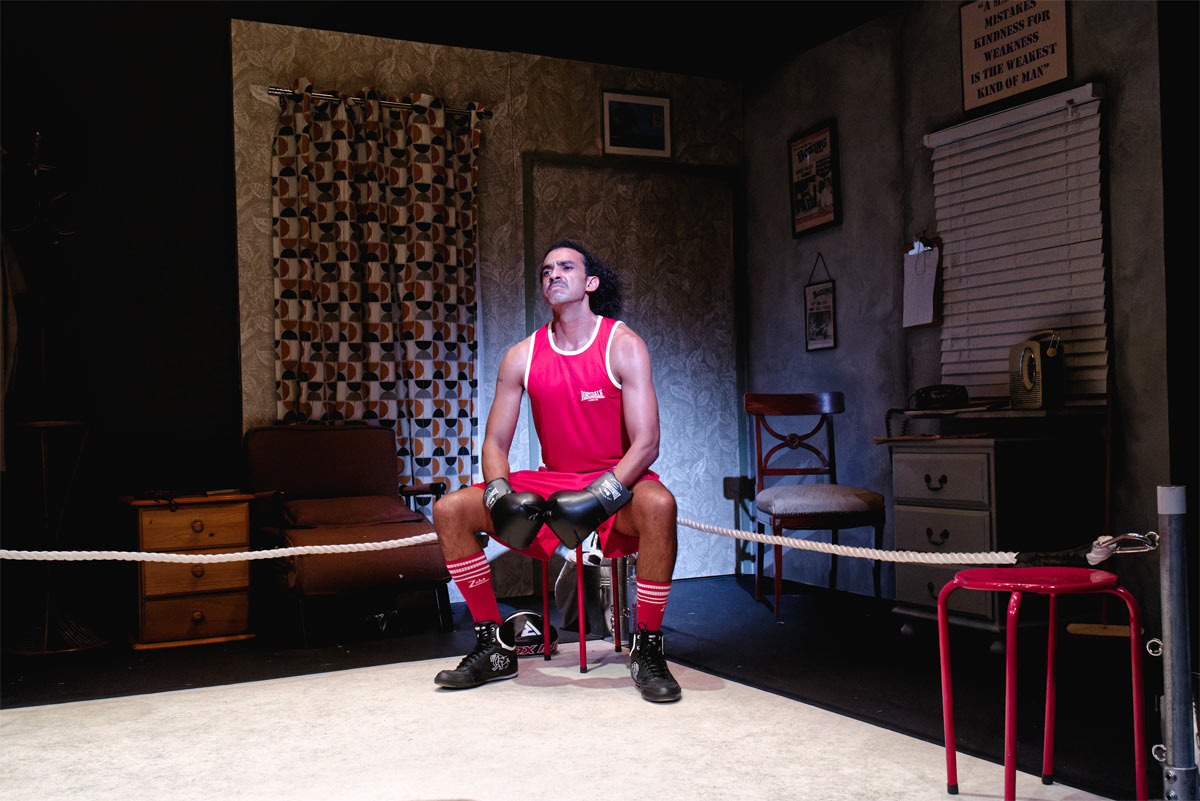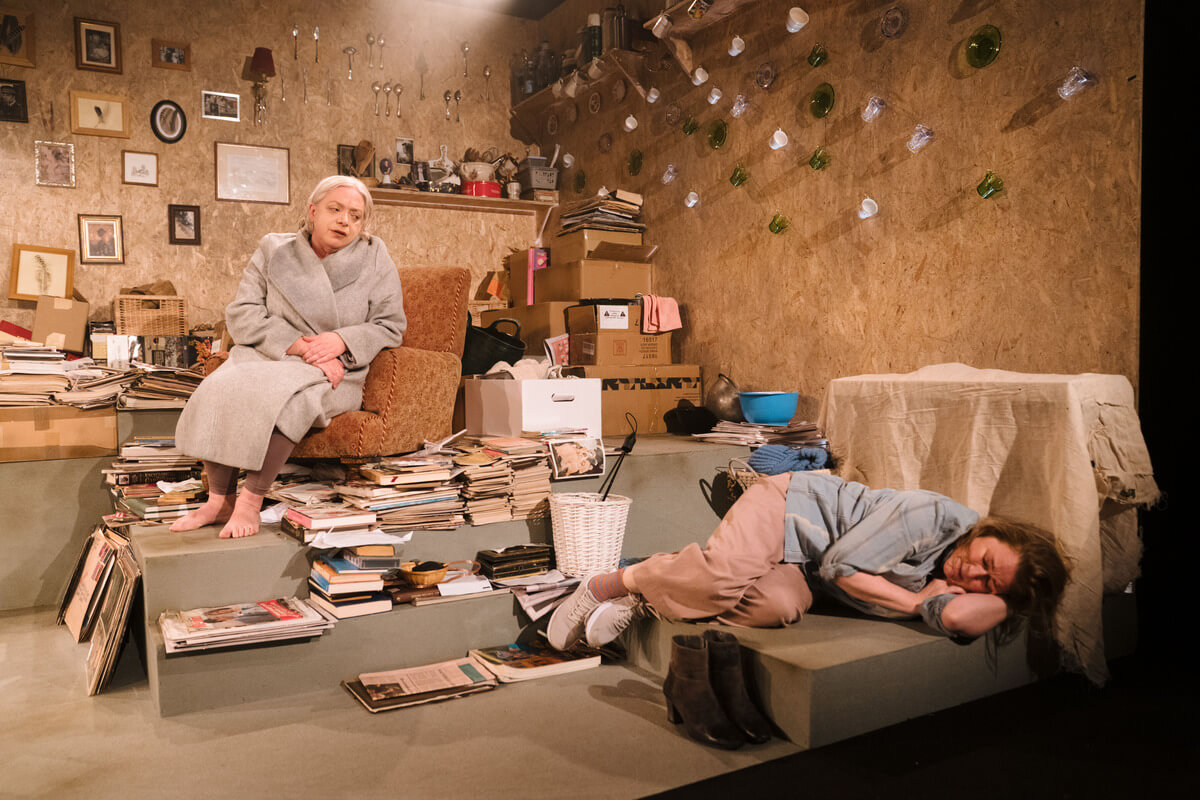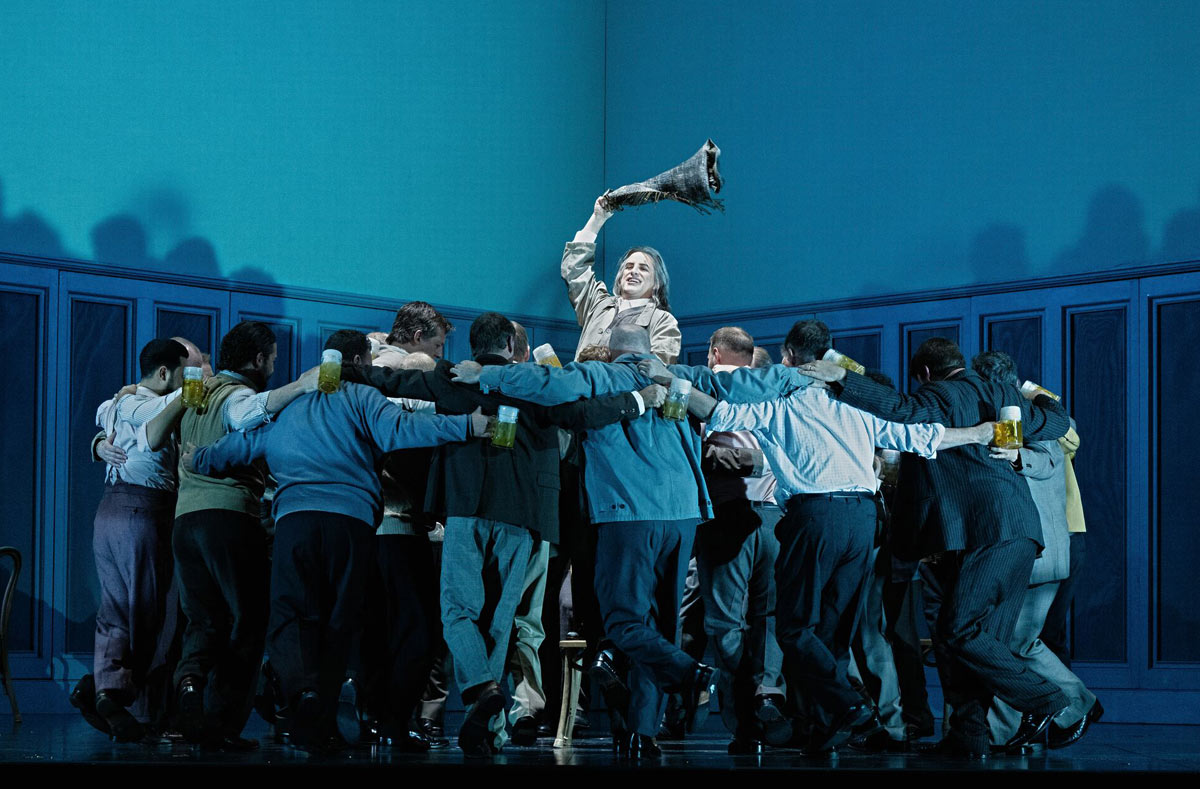In recent years there have been many plays which have attempted to shine a light on the inequities of post war Britain and in particular those suffered by West Indian families invited to settle in the UK. Hailing originally from St Vincent in the Caribbean, Frankie grew up in Croydon and was soon battling for a place in the local boxing club which had been set-up by a renowned Met Police officer. His eagerness to reach his full potential, particularly against the home-grown boxers unfairly favoured by the Amateur Boxing Association of the time, put him on a collision course with the British team selectors for both the 1972 Munich Olympics and the 1974 Christchurch Commonwealth Games. Determined not to be left out a second time having already been dropped in favour of an opponent he’d beaten in the ABA Middleweight final, it was in New Zealand that Lucas resorted to representing St Vincent and the Grenadines in the ring, where he beat British opponents to win the Caribbean nation’s first Gold medal.
As he battles to be given the title fight opportunities he believes he has worked for and that his physical talents deserve, Lucas is continually thwarted by the behind the scenes decision-making of promotors and selection boards, so that finally when his chance arrives, he is past his prime. Some have suggested that his ferocity in the ring limited his popular appeal, others have speculated that he developed paranoia due to his use of marijuana. Whatever the case, on his return to London and after announcing he was turning pro following his gold medal win, Lucas suffered a gruelling loss to Tony Sibson at the Royal Albert Hall and virtually disappeared for nearly two decades. Many assumed he was dead, but John Conteh (one of several boxers and family members present in the audience on the play’s press night) triggered a hunt for the recluse after spotting him in a north London park in 2002.
Whilst Lisa Lintott’s play is essentially a narrative exploration of a man’s life, perhaps more interesting is the fact that she wrote it as a direct response to her actor-son’s frustrations at being continually typecast as a terrorist or drug-dealer. The crowdfunded first run of the play has resulted in this extension and whilst this reviewer may believe that the piece needs tightening and a far sharper running time, plans are already underway to ensure the work which explores identity, perseverance and the means of personally measuring success (or managing its perceived lack), gains a wider audience.
Co-directed by Philip J Morris and Xanthus, the full cast includes:
Gene - Llewella Gideon, George - Nigel Boyle, Frankie Lucas - Jazz Lintott, Ken - Cyril Blake, Michael - Daniel Francis-Swaby, with Tinashe Darikwa playing Frankie at certain performances.
Plays until 30th November.

 Jazz Lintott in Going For Gold at Park Theatre. Photo by James Potter
Jazz Lintott in Going For Gold at Park Theatre. Photo by James Potter
